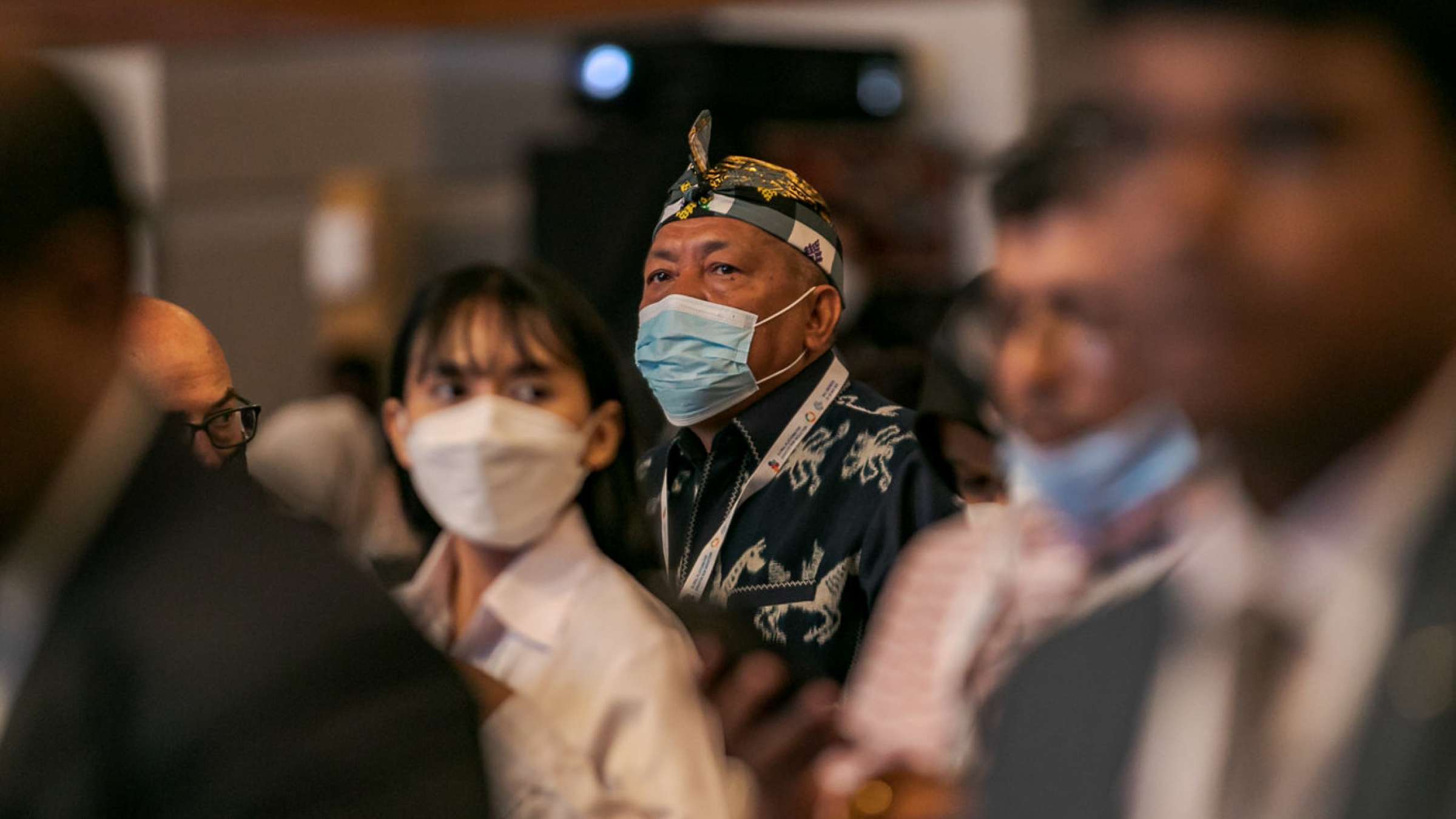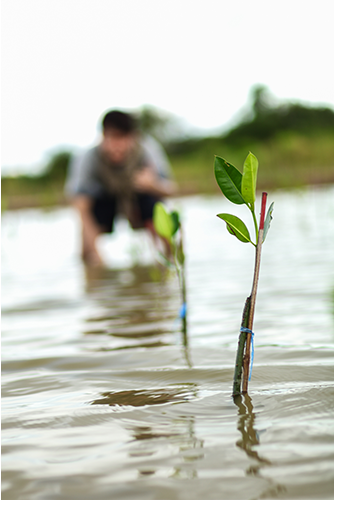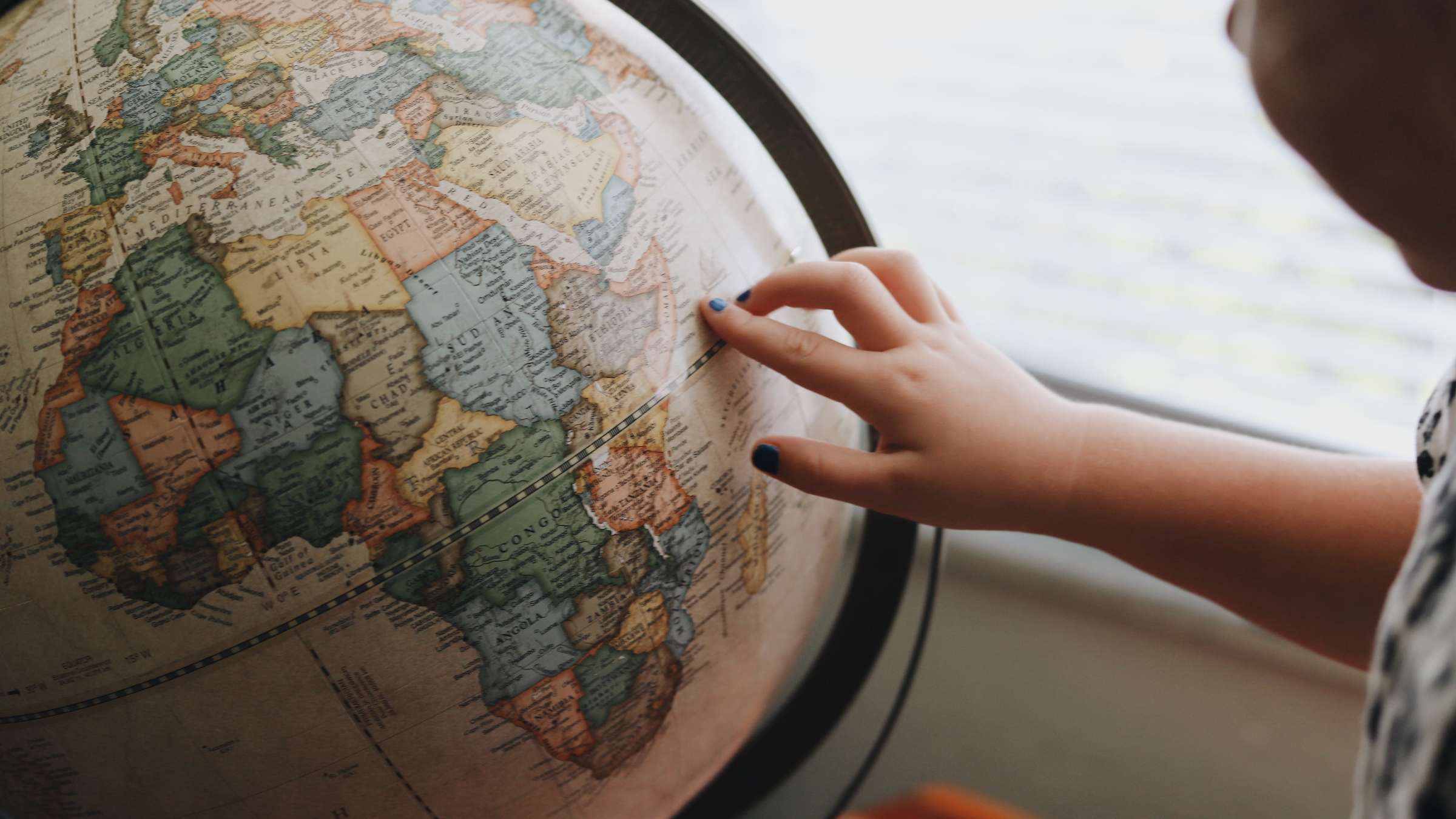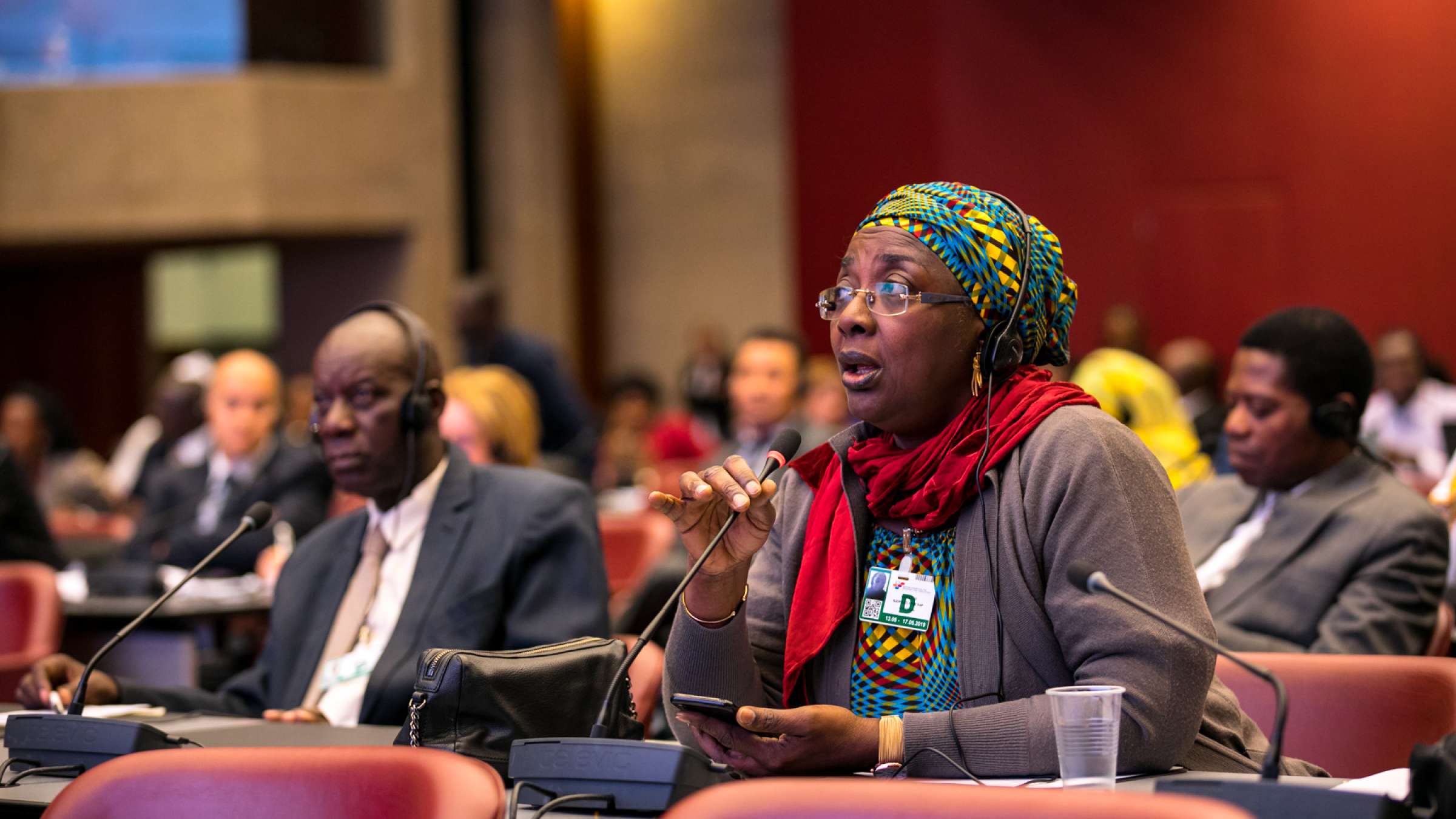The World Reconstruction Conference 5
“Reconstructing for a sustainable future: Building resilience through recovery in a COVID-19 Transformed World”.
The WRC5 focused on addressing the unprecedented socio-economic recovery needs as a pathway to rebuilding a resilient and sustainable society in the post Covid-19 world.
The conference was organized under three sub-themes:
- Social, infrastructural and economic recovery from disasters as an opportunity to reset the development pathway towards a greener and resilient future,
- Addressing the social and economic effects and impact of the Covid-19 pandemic on “hard-won” development gains, and
- Rethinking recovery governance models: Planning, Financing and Managing recovery from complex and interconnected disaster-conflict events in the post Covid-19 world.
The WRC5 was organized in conjunction with the 7th Global Platform for Disaster Risk Reduction (GPDRR, May 23-28, 2022, Bali, Indonesia), aligned with the thematic focus of the GPDRR that is “From Risk to Resilience: Towards Sustainable Development for All in a COVID-19 Transformed World”. The WRC5 was jointly hosted by UNDP, the World Bank (Global Facility for Disaster Reduction and Recovery, GFDRR) and UNDRR under the umbrella of the International Recovery Platform (IRP).
World Reconstruction Conference 5 Objectives
Building on the theme “Reconstructing for a sustainable future: Building resilience through recovery in a COVID-19 Transformed World” the overall goal of the WRC5 was to build consensus on how to reconstruct a resilient and sustainable society in a post Covid-19 world. To this end, the conference had the following three specific objectives:
- Take stock of the approaches, methodologies, and tools as well as emerging best practices and challenges for estimating and addressing the socio-economic effects and impact of Covid-19 pandemic on Agenda 2030 for Sustainable Development and the SDGs.
- Advocate for greater commitment and integration of social and economic recovery, Greening and Building-Back-Better in disaster recovery and development planning at all levels.
- Discuss and propose more effective planning, financing and management tools and institutional systems for recovery from complex and interconnected disaster-conflict events, including pandemics, natural hazards and climatic shocks and stressors.
The WRC5 further contributes to the international discourse on resilient recovery by raising awareness, facilitating discussion, sharpening thinking, and setting the agenda for future engagement. The conference was expected to have the following outcomes:
- knowledge production and sharing of emerging best practices and challenges on socioeconomic recovery from the Covid-19 pandemic and other disaster events
- describing innovative approaches, tools and methodologies for estimating the socio-economic effects and impact of Covid-19 pandemic
- building networks between communities of stakeholders on resilient recovery from a range of disaster events
- recommendations to policy makers, development practitioners and disaster managers on more effective recovery governance models capable of managing recovery from complex and interconnected disaster-conflict events.


 The GP2022 is expected to deliver the following outcomes:
The GP2022 is expected to deliver the following outcomes:



.png)